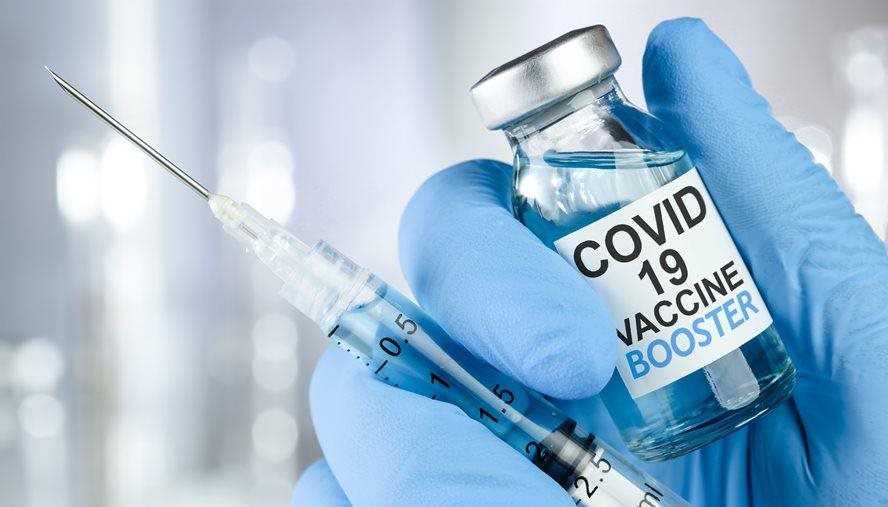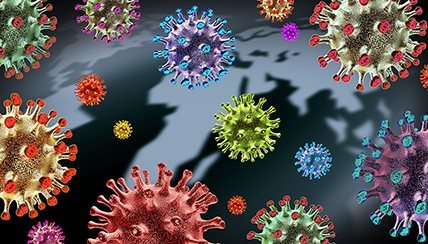Vaccine Articles
The world is waiting for COVID-19 vaccines to change the pandemic to a normal virus. Mass vaccination combined with continued masking, handwashing and social distancing will help that occur. Learn more about the different types of vaccines, how the Food and Drug Administration and the Centers for Disease Control and Prevention are ensuring safety, get answers to frequently asked vaccine questions and more.
| The information on our website is medically reviewed and accurate at the time of publication. Due to the changing nature of the COVID-19 pandemic, information may have since changed. CDC.gov and your state’s health department may offer additional guidance. |


